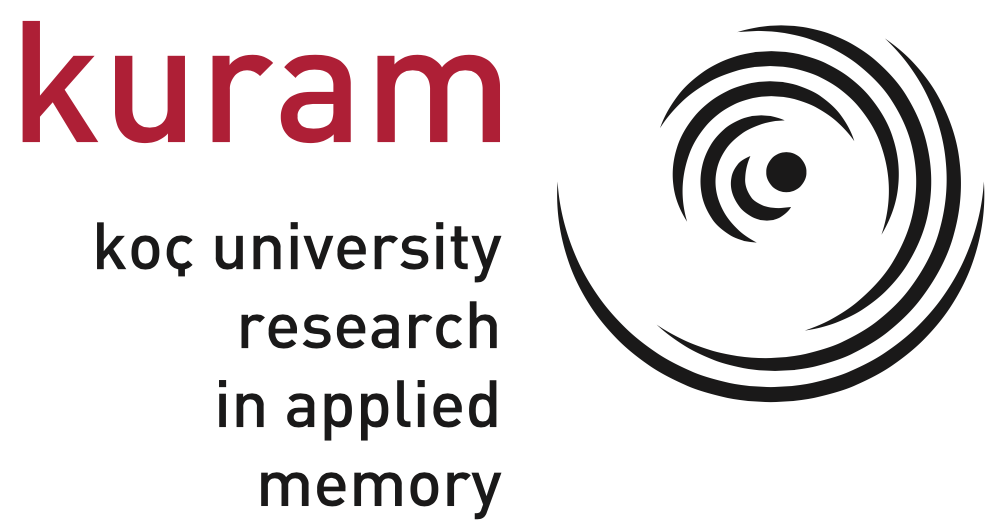Skip to content
Ongoing Projects
Involuntary Mental Time Travel Occurrences: Differences Between Self-Caught and Probe-Caught Paradigms
- Project Owner: Güler Zeynep Sülün
- Abstract: Involuntary mental time travel (MTT) refers to the spontaneous reliving past events or envisioning future scenarios without conscious effort. This research explores the phenomenological characteristics, temporal directions, and contents of self-caught and probe-caught spontaneous thoughts, focusing on involuntary MTTs. These paradigms differ in the level of meta-awareness they demand, which may affect the nature of the captured thoughts. Additionally, the study investigates the influence of attentional load on these characteristics and examines the association between involuntary MTTs and participants’ Beck Depression Inventory scores. Participants will engage in self-caught and probe-caught paradigms to report their spontaneous thoughts. The research questions and corresponding hypotheses explore the differences between self-caught and probe-caught thoughts, predicting that self-caught thoughts will have a higher proportion of self-related and future-oriented content, along with a greater occurrence of self-related episodic details. Furthermore, under conditions of high attentional load, self-related thoughts are expected to comprise a larger proportion of reported thoughts in both paradigms. By investigating the characteristics of spontaneous thoughts and their modulation by attentional load, this research contributes to a deeper understanding of the metacognitive processes underlying involuntary MTTs.
